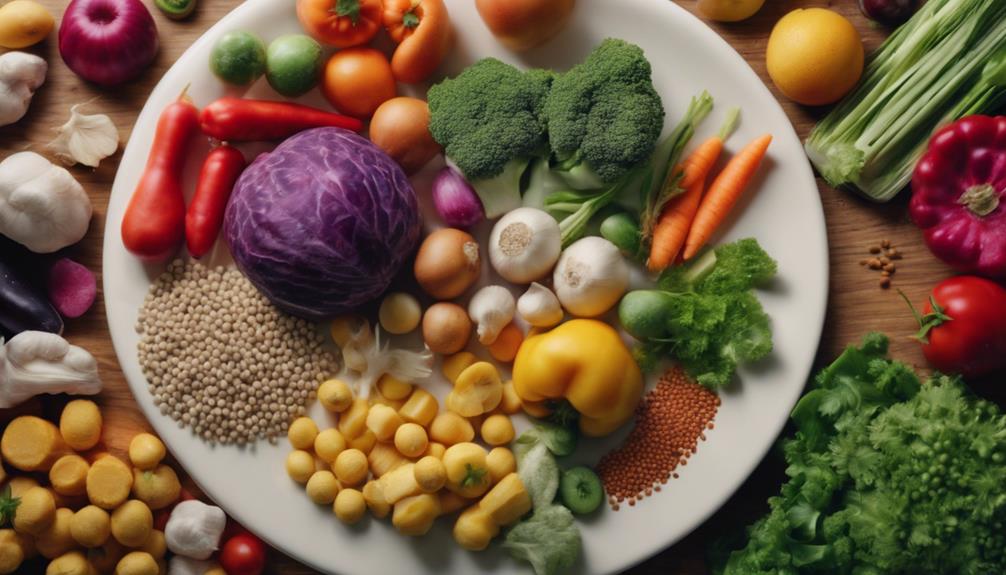For your rabbit's best diet, focus on balanced nutrients crucial for health. Provide fiber, vitamins, minerals, and protein in their meals. Feed quality hay like timothy for digestive health. Include nutrient-rich fresh vegetables, stored properly. Offer fruits sparingly due to sugar content. Opt for high-quality pellets to complement hay and veggies. Control portions carefully for optimal health. Ensure constant access to clean water for hydration. Avoid toxic foods like avocado and chocolate. Gradually transition diets and monitor their health. For expert guidance, consider consulting a vet. Your rabbit's well-being depends on a precise balance of nutrients.
Key Takeaways
- Provide a well-balanced diet with hay, vegetables, and pellets.
- Ensure fresh water is always available for hydration.
- Monitor portion sizes to prevent overeating and maintain a healthy weight.
- Include a variety of nutrient-rich vegetables and occasional fruit treats.
- Consult a vet for personalized guidance on rabbit nutrition and health.
Benefits of a Balanced Diet

Regularly consuming a balanced diet is crucial for maintaining the overall health and well-being of your pet rabbit. Weight management plays a significant role in your rabbit's health, as obesity can lead to various health issues. By providing a well-balanced diet, you can help regulate your rabbit's weight and ensure they stay healthy and active.
Furthermore, a balanced diet is essential for promoting good digestive health in rabbits. High-fiber foods such as hay are crucial for maintaining a healthy digestive system and preventing issues like gastrointestinal stasis. Ensuring that your rabbit's diet includes an adequate amount of fiber will contribute to their overall well-being and prevent digestive complications.
Energy levels are also influenced by the quality of your rabbit's diet. A balanced diet provides the necessary nutrients for optimal energy levels, keeping your rabbit active and engaged. Overall, the benefits of a balanced diet extend beyond weight management and digestive health, contributing to your rabbit's overall well-being and quality of life.
Key Nutrients for Rabbits
Which key nutrients are essential for optimal health and well-being in rabbits? Rabbits require a well-balanced diet to meet their nutritional needs. Key nutrients include fiber, vitamins, minerals, and protein. Fiber is crucial for maintaining digestive health and preventing issues like gastrointestinal stasis. Vitamins, such as vitamin A for vision and skin health, and vitamin D for calcium absorption, are essential. Minerals like calcium and phosphorus are vital for bone health and muscle function. Protein is necessary for growth, muscle maintenance, and overall body function.

